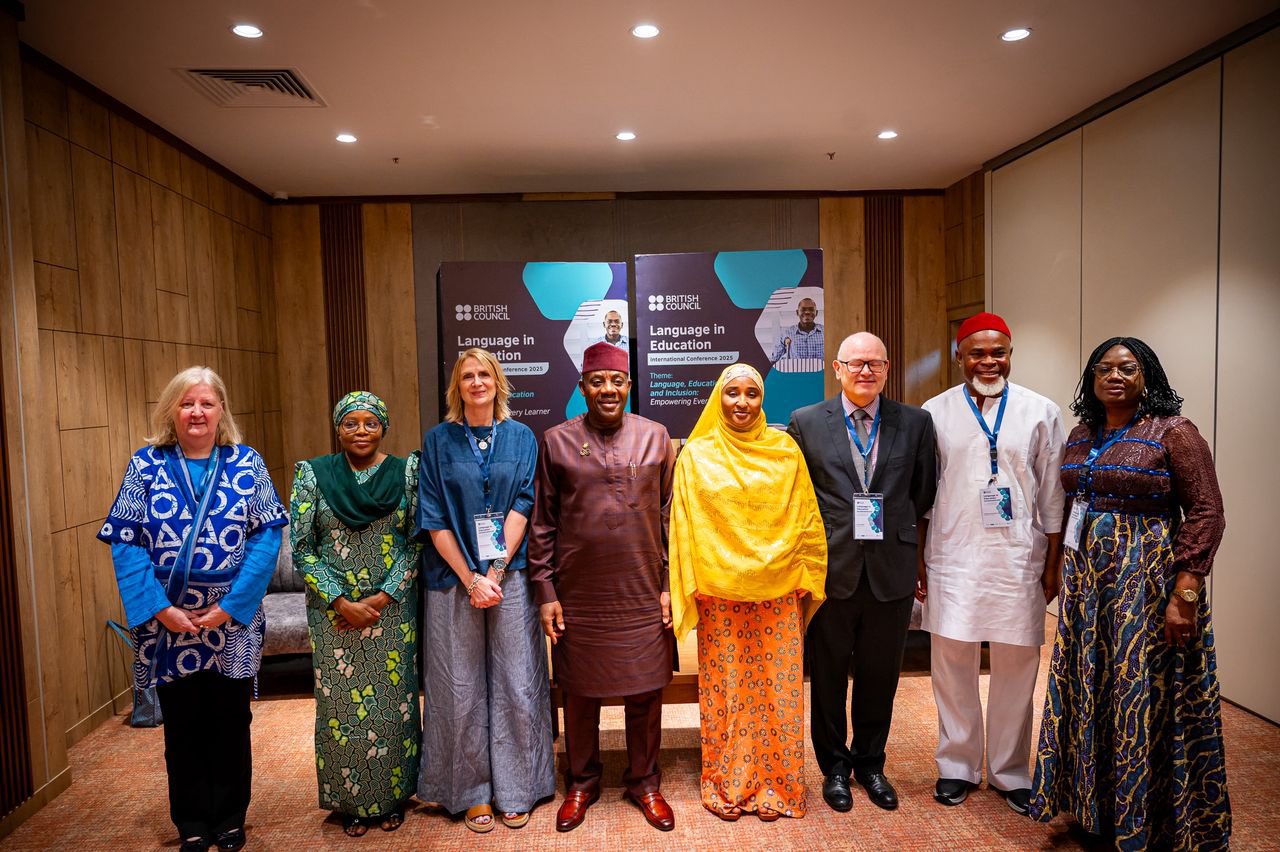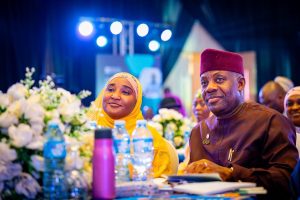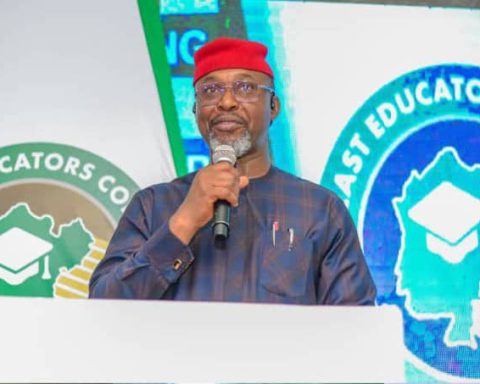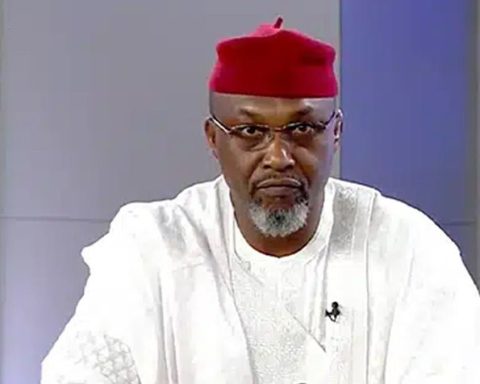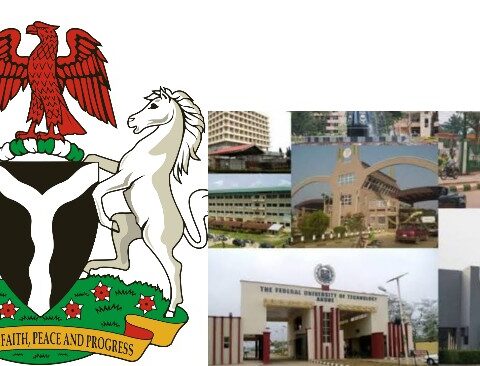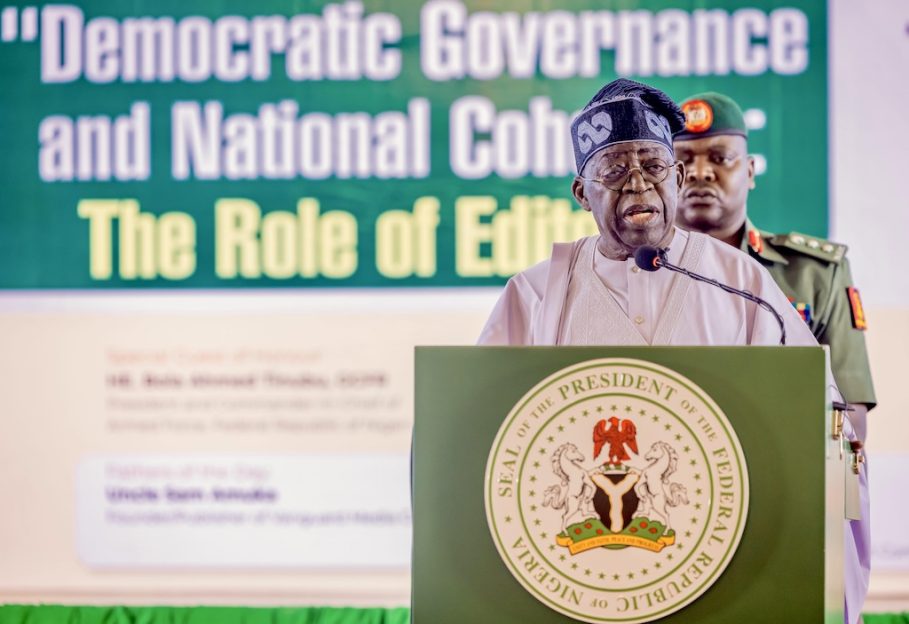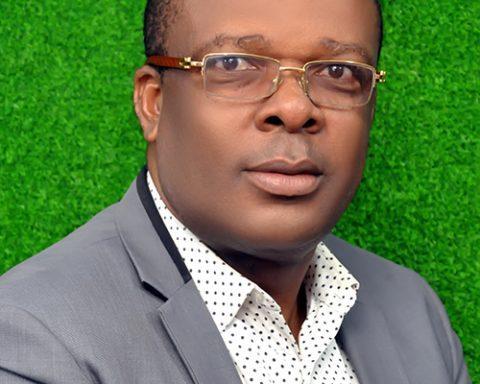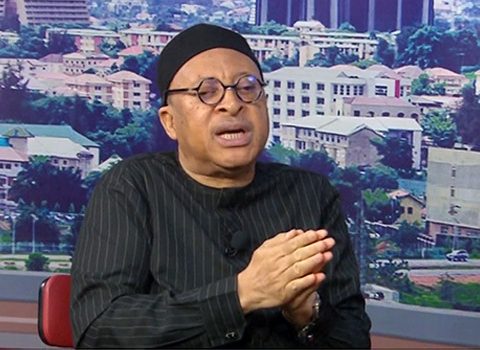The Federal Government has officially abolished the use of indigenous languages as a medium of instruction in Nigerian schools, declaring English the sole language of teaching from early childhood to tertiary level.
Minister of Education, Dr. Tunji Alausa, announced the policy shift on Wednesday at the Language in Education International Conference 2025 organised by the British Council in Abuja. The two-day event, themed “Language, Education and Inclusion: Empowering Every Learner,” drew educators, policymakers, and experts from across Africa, South Asia, and the United Kingdom.
Join our WhatsApp ChannelDr. Alausa said the National Council on Education (NCE) reached the decision after reviewing 15 years of data, which showed that the mother-tongue-based education model had failed to improve learning outcomes.
“The English language should be used to teach our students at all levels as a means of instruction,” he stated. “Over the years, the use of mother tongues in schools has contributed to poor performance in national examinations. The national policy on language has therefore been cancelled.”
READ ALSO: FG Overhauls Technical Education, Introduces Modern Trade Skills in Curriculum
FG Overhauls Admission Rules, Makes Mathematics Optional for Arts Students
The Minister explained that while indigenous languages remain vital to Nigeria’s cultural identity, they have proven impractical as teaching tools in a country with over 500 languages and inadequate learning materials. He described English as a “unifying tool” that enhances academic performance and global competitiveness.
“By maintaining English as the primary medium of instruction, we aim to strengthen learning outcomes, ensure continuity and fairness across all states, and align Nigeria’s education system with global best practices,” Alausa added.
However, he clarified that the new Inclusive Language Policy would still encourage the teaching and learning of at least one Nigerian language alongside English, ensuring the preservation of linguistic diversity.
At the same event, British Council officials reaffirmed their commitment to supporting inclusive and equitable education across Sub-Saharan Africa.
Julian Parry, Director of English Programmes for the region, noted that “language can serve as a bridge to inclusion, identity, and opportunity,” while Chikodi Onyemerela, the Council’s Director of Programmes in Nigeria, highlighted ongoing efforts through the Pan-Ethnic Classrooms Programme to help teachers adopt language-responsive teaching methods.
Donna McGowan, Country Director of the British Council’s Business and Trade Division, also emphasised that “language should be a bridge to learning and not a barrier to our systems.”
Dr. Alausa reaffirmed that the move aligns with President Bola Tinubu’s Renewed Hope Agenda to build “a stronger, fairer, and more inclusive education system” that prepares Nigerian students for a competitive global environment.
Amanze Chinonye is a Staff Correspondent at Prime Business Africa, a rising star in the literary world, weaving captivating stories that transport readers to the vibrant landscapes of Nigeria and the rest of Africa. With a unique voice that blends with the newspaper's tradition and style, Chinonye's writing is a masterful exploration of the human condition, delving into themes of identity, culture, and social justice. Through her words, Chinonye paints vivid portraits of everyday African life, from the bustling markets of Nigeria's Lagos to the quiet villages of South Africa's countryside . With a keen eye for detail and a deep understanding of the complexities of Nigerian society, Chinonye's writing is both a testament to the country's rich cultural heritage and a powerful call to action for a brighter future. As a writer, Chinonye is a true storyteller, using her dexterity to educate, inspire, and uplift readers around the world.


